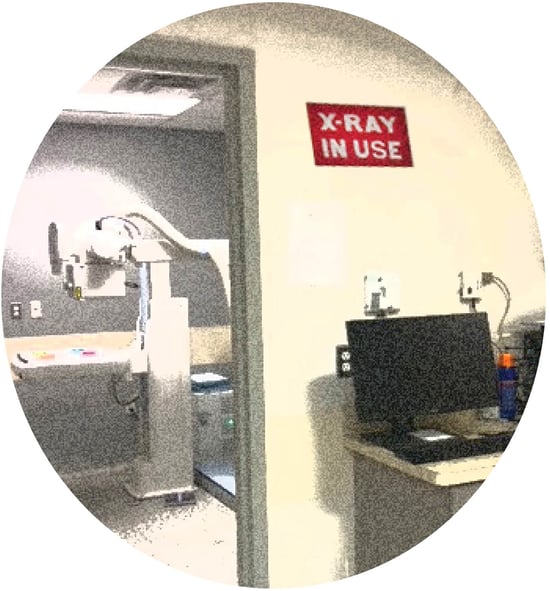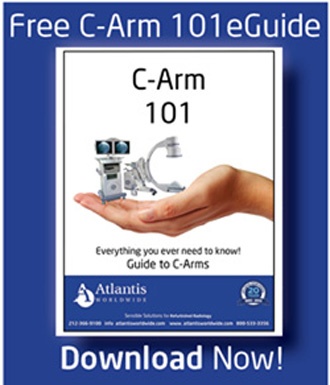Over 1 million angiograms and 1.2 million angioplasties are performed in American Cath Labs each year. The demand is ever growing, especially since many heath care professionals are so positive about Cath-Lab procedures instead of open-heart surgery. As a result, more and more new Cath Labs are being built yearly.
are so positive about Cath-Lab procedures instead of open-heart surgery. As a result, more and more new Cath Labs are being built yearly.
If you are considering creating a new Cath Lab for your clinic, hospital, urgent care or other health care facility, there are many things to consider, one being if you should purchase brand new medical imaging equipment or look at refurbished or used equipment. After all, you can often find the performance and technology you want on the secondary market at a much lower price, while still getting impressive warranties.
Analog or Digital Imaging?
Most Cath Labs built prior to 2000 are analog, with recorded information seen on cine film. But newer Cath Labs use digital equipment.
Digital equipment provides the following advantages:
- Images are clearer
- Digital provides more options for reviewing the visual information from a wide variety of angles
- Storing data is simpler and easier
- Processing time is quicker
X-Ray Sources
Older Cath Labs were built with single plane X-ray sources. Today’s newer equipment uses bi-plane or dual sources and flat-paneled detectors that create live moving images.
What’s the advantage of using dual sources with flat panel detectors?
- Lower doses of radiation
- Higher quality image
- image distortion reduction
- Less expensive than film-based radiology
Floor or Ceiling Mounting?
When choosing your Cath Lab imaging equipment, remember you can choose floor or ceiling mounts without any operation difference. However, there are different structural requirements for the room which may influence which you choose.
Ceiling-mounted devices can weigh from 700-3,000 pounds. You have to make sure your room has the structure and reinforcement in place to support these heavy components..
Choosing a Detector Size
A detector size is designated as a height X width measurement. It can also be shown as a diagonal measurement from corner to corner. For example, if a detector is 20 cm wide by 20 cm high, the diagonal measurement will be approximately 11 inches. The larger the detector size, the wider the view you can get of the area being scanned. However, most cardiac procedures don’t require a detector larger than 10 inches. Depending on the procedures being performed, larger areas might be helpful.
Software and Hardware
When purchasing Cath Lab equipment, remember: later updates to both hardware and software will remove potential bugs and add new features. You’ll want to see if the equipment you want to buy has the latest software updates. If X-ray tubes have been broken or worn out, they can be replaced in order to extend the lifespan of your medical imaging equipment. Be sure to request a list of parts that have been replaced or repaired.
Talk To An Expert
It’s also wise to talk about your medical imaging needs with an expert in order to determine if you need new or refurbished equipment in order to get the performance you need. The experts at Atlantis Worldwide have been helping clients buy and sell imaging equipment for almost 30 years and would love to help you.
To find out more, contact Atlantis Worldwide Today!
Some blogs you may have missed:
- Top 10 Tips for the Operating Theater Radiographer
- Single-Plane Or Bi-Plane Cath Labs: Which Is Right For You?
- Keeping Your Cath Lab Cool
- Comparing The GE Innova Digital Cath Lab Family: 2100, 3100 & 4100
- Top 7 C-Arms for Your Orthopedic Practice
About the author: Vikki Harmonay



